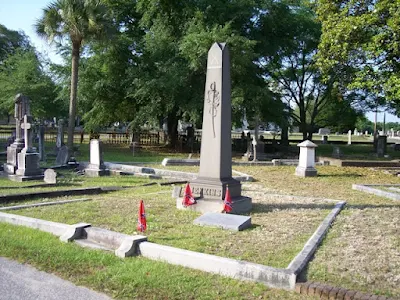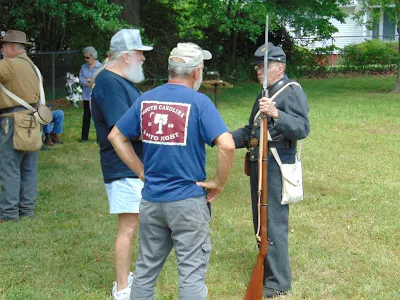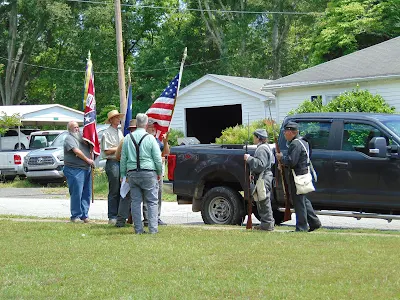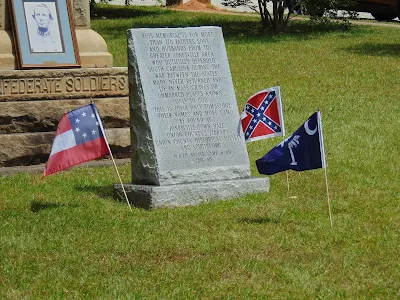In ocean wastes no poppies blow,
No crosses stand in ordered row,
There young hearts sleep…. beneath the wave….
The spirited, the good, the brave,
But stars a constant vigil keep,
For them who lie beneath the deep.
'Tis true you cannot kneel in prayer
On certain spot and think. "He’s there."
But you can to the ocean go….
See whitecaps marching row on row;
Know one for him will always ride….
In and out…. with every tide.
And when your span of life is passed,
He’ll meet you at the "Captain’s Mast."
And they who mourn on distant shore
For sailors who’ll come home no more,
Can dry their tears and pray for these
Who rest beneath the heaving seas….
For stars that shine and winds that blow
And whitecaps marching row on row.
And they can never lonely be
For when they lived…. they chose the sea.
Written in 2001 by American poet Miss Eileen M. Mahoney (1933-2021) this poem serves as a tribute to sailors and marines who lost their lives in the service of their country. In Waters Deep is based on the classic World War I (1914-1918) poem In Flanders Fields by Canadian-born Lieutenant Colonel John McCrae (1872-1918).
 |
| Burial at sea ceremony aboard the USS Intrepid (CV-11) off the coast of Luzon, Philippines in 1944. Image courtesy of the US Department of Archives. |







































